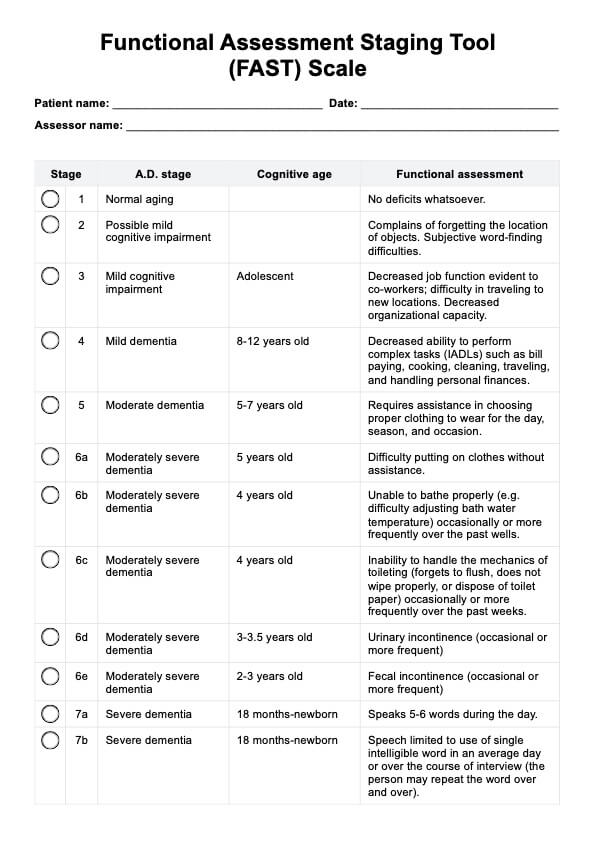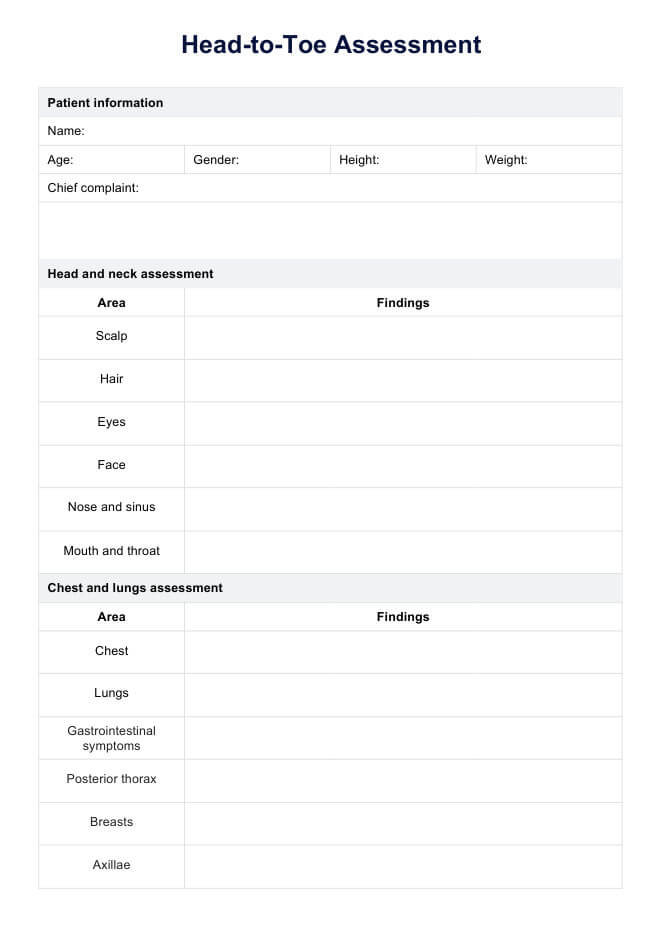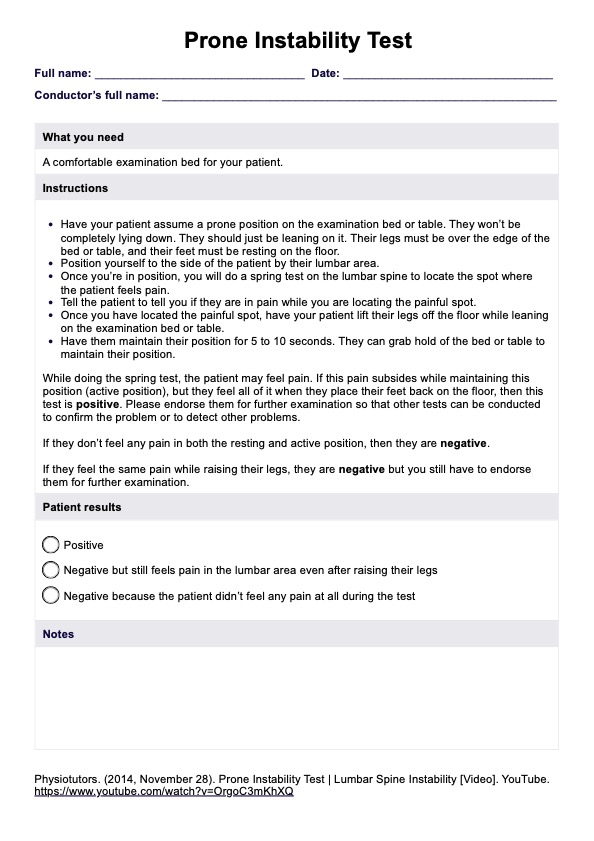Perfectionism is a personality trait characterized by the desire to achieve exceptionally high standards, often accompanied by self-critical evaluations and a fear of making mistakes. It can manifest in both adaptive (healthy) and maladaptive (unhealthy) forms.

Frost Multidimensional Perfectionism Scale
Learn how to use the Frost Multidimensional Perfectionism Scale and use it to improve positive mental health outcomes in your patients/clients.
Frost Multidimensional Perfectionism Scale Template
Commonly asked questions
The Frost Multidimensional Perfectionism Scale is a psychological measurement tool designed to assess various dimensions of perfectionism. Frost and colleagues developed it to capture the multifaceted nature of perfectionism and identify how it affects different areas of a person's life.
The Frost Multidimensional Perfectionism Scale results can be integrated into clinical formulations to identify areas where perfectionism contributes to psychological difficulties. Cognitive therapy often targets maladaptive perfectionistic beliefs, helping clients reframe their thinking, reduce self-criticism, and adopt more balanced perspectives.
EHR and practice management software
Get started for free
*No credit card required
Free
$0/usd
Unlimited clients
Telehealth
1GB of storage
Client portal text
Automated billing and online payments











